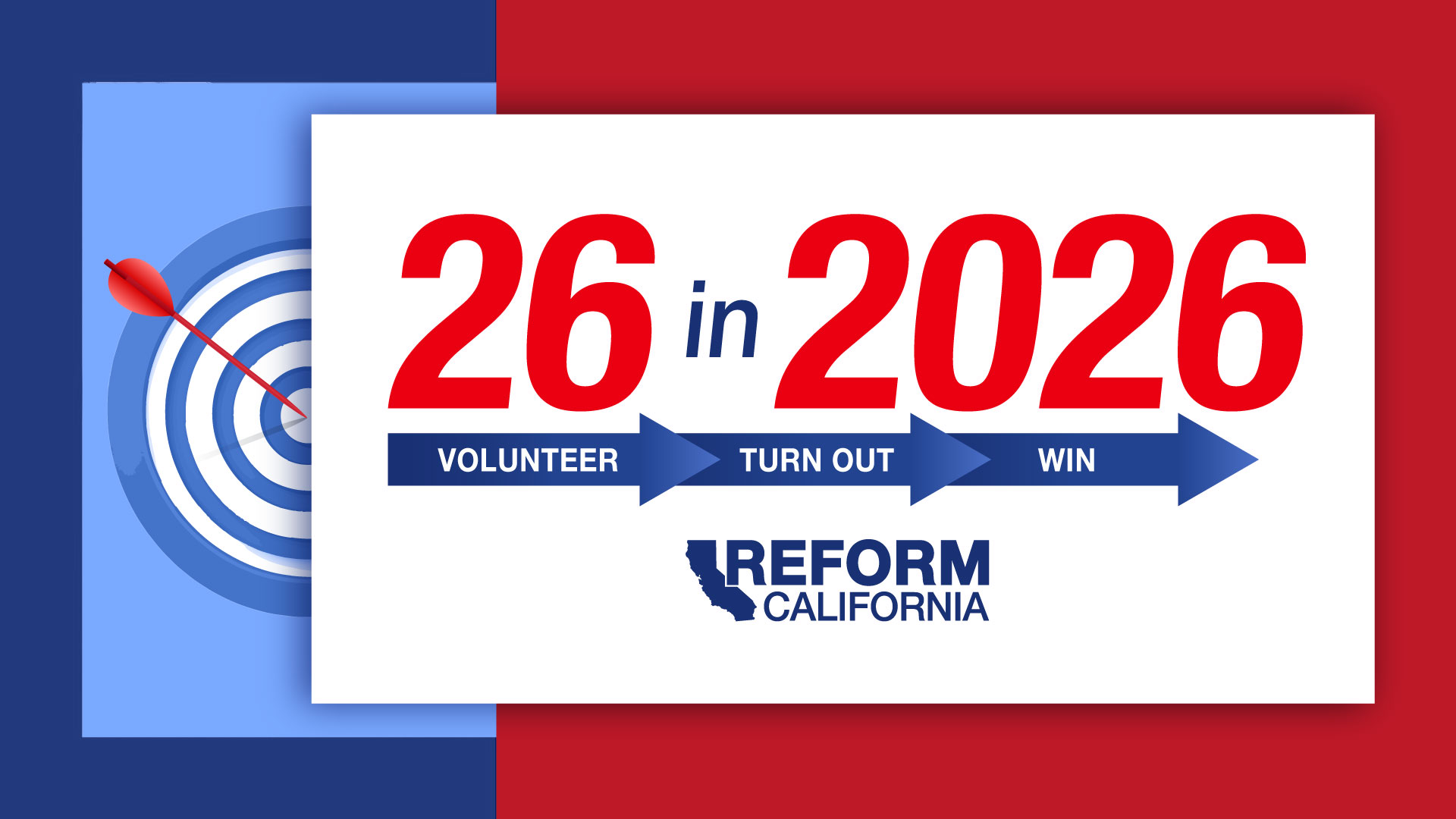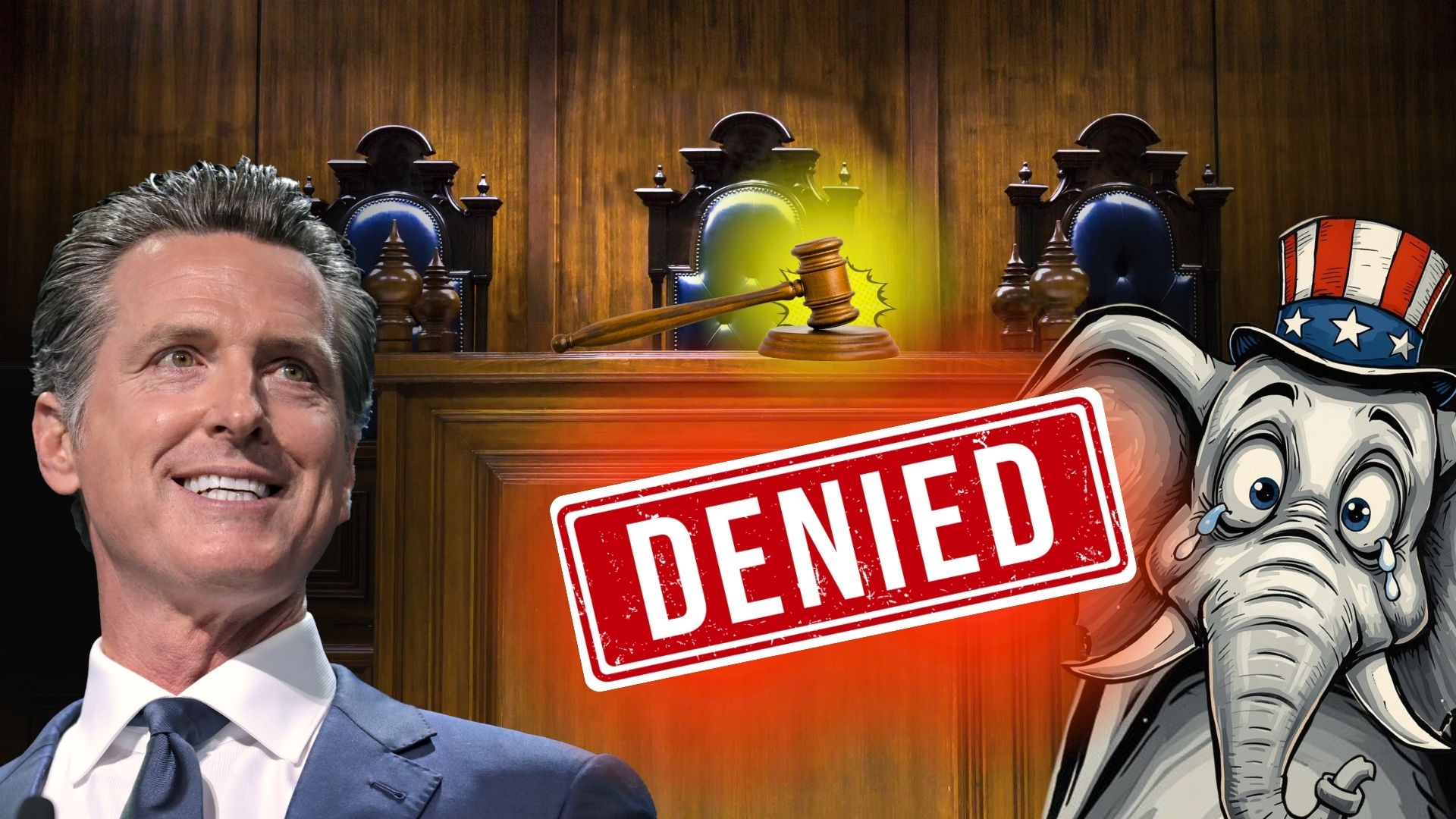
Image Credit:
A teenage Carl DeMaio busied himself with fixing up the house in hopes his mother would return soon from the hospital.
He wanted everything to be perfect. She had enough things to worry about.
The phone rang. His sister told him that he and his little brother needed to join her at the hospital right away. They hopped on their bicycles and pedaled as fast as they could.
When they arrived, Carl saw his mother lying in a bed. She was unconscious, but her eyes remained open. The siblings held hands by her side. Her breathing slowed so much that when she occasionally gasped for air, the kids shouted “Breathe!” in unison.
A week earlier she filed for a restraining order against her abusive husband but before she left the courthouse her spine collapsed. The aggressive cancer that had begun in her breast and slowly seeped into her bones over the past few years had led to a compression fracture that left her unable to control her bladder or legs.
Rushed to the hospital, the schoolteacher fretted over what would happen to her children if she died. Her husband had just abandoned the family. She didn’t want him to get custody. “What do I do? What do I do?” she said repeatedly.
Now she was in respiratory distress, a breathing tube in her mouth and blood trickling from her nose. The children begged her to fight, but it soon became clear the battle was lost.
The daughter pulled her brothers aside and told them it was time to let go.
One by one the siblings each leaned over their mother. They held her hand. They told her they loved her and they’d be OK. They each gave her permission to die. She gently squeezed their hands in response and passed away a few minutes later.
It was July 16, 1990, when Diane DeMaio died at the age of 42. She left behind a 19-year-old daughter, Susan, and two boys — Carl, 15, and Christopher, 14.
Twenty-two years later as he runs for mayor of San Diego, Carl DeMaio says his mother’s gritty fight against the odds is the inspiration that continues to drive him.
...
Diane DeMaio’s initial diagnosis: Six weeks to live. Yet more than six years later she continued her job as a K-8 reading specialist at a school in Orange County.
She survived, but she didn’t thrive. Countless chemotherapy sessions left her sick and weak as the cancer destroyed her body. She increasingly relied on her children as the disease often left her bedridden.
They recalled dressing her in the morning and loading her into a wheelchair so she could go to work. They accompanied her to appointments for radiation treatment and blood transfusions.
Carl took on much of the responsibility. He did chores, fixed things his mother couldn’t afford to repair properly, cleaned her catheter when necessary, filled out paperwork and helped with finances.
To Carl, a second-grade student when his mother received her cancer diagnosis, it didn’t seem unusual. He didn’t know any better.
Driving home from one radiation treatment, Diane DeMaio started coughing violently. One of her ribs — brittle from cancer — snapped. Grimacing in pain, she turned to Carl in the passenger seat and told him to take the steering wheel. He pulled the car over to the side of the road.
They sat there for a long time while she composed herself. Then she resumed driving as if nothing had happened.
...
Diane DeMaio often said she simply couldn’t die because she couldn’t leave her children with their father, who had been verbally and physically abusive to the entire family before he finally left for good. Realizing her days were short, she began mapping out a future for her children that didn’t include him.
Her daughter would be all right. She had already started nursing school and, at 19, could take care of herself. That left her two boys.
Through a friend of a friend, the mother heard of a Jesuit boarding school called Georgetown Preparatory School in Maryland. Administrators agreed to accept Carl on scholarship because the family had no way to pay.
Carl left for the school a year before his mother died. Every time he called home, his mother would say she was fine even as the cancer kept getting worse. She never told him about her frequent trips to the hospital.
...
After their mother died, Susan DeMaio sought temporary custody of her younger brothers. In a written declaration obtained by the U-T San Diego, 15-year-old Carl asked the judge to protect him from his father.
“I saw my mother die and I saw what my father did to her,” he wrote. “I pleaded with my mother to forgive him for all the physical and verbal abuse, for her sake. I feel that at this point, my sister should be named as temporary guardian. At least my brother and I can be sure that my sister will be there to provide for us and support us. My father left our house on July 2, 1990, after another incident of child abuse. I request that the court allow me time to decide what I want to do now. I cannot decide when my father is present.”
Other court records also show a “stay away” order was in effect against Carl’s father at the time.
The DeMaio siblings split up shortly thereafter as their maternal grandparents in Iowa later assumed custody of the two boys. Susan stayed in Southern California for school and was briefly homeless. Carl continued at Georgetown Prep. Christopher left for Iowa to be raised by the grandparents.
...
The world Carl encountered at Georgetown Prep was far different from the one he grew up in. Most of his fellow students were from affluent families who were spending big bucks on a private-school education while most everything he owned fit into a couple suitcases.
The Jesuits, a Roman Catholic religious order, were strict but supportive. The school’s mission is to form “Men of Competence, Conscience, Courage and Compassion.” Carl focused on school work and fiercely guarded details of his past life.
To get Carl to open up, the Jesuits required him to participate in the Spiritual Exercises of Ignatius of Loyola, a method of prayer that uses visual imagination to draw nearer to God. They matched him with a spiritual director who worked with Carl for years to help him come to grips with the loss of his parents. He often asked Carl to look at the world from his mother’s perspective, a tactic Carl says helped bring closure.
Meanwhile, Carl flourished in school. He and his friends ran several clubs — campus ministry, debate team, a model world-affairs group and the yearbook.
Still, Carl never spoke about his troubled childhood to his friends until graduation neared and only because he had to explain why his parents wouldn’t be at the ceremony.
...
Carl DeMaio looked at several colleges but settled on nearby Georgetown University in Washington, D.C., in large part because the Jesuits offered him financial assistance to go there. He immediately headed to the work-study office and grabbed every application available. He regularly worked two jobs throughout college.
He graduated less than three years later with a degree in international politics and business, worked for the right-leaning Congressional Institute and maxed out credit cards to launch a company focused on performance-based budgeting for public agencies. That work drew him to San Diego, a popular destination for his company’s conferences, in 2001.
...
The DeMaio siblings remain close even though the family splintered following their mother’s death.
Carl DeMaio chose his sister to introduce him when he formally announced his mayoral candidacy in June. She briefly recounted their tumultuous upbringing and said: “No challenge is too big for Carl. He’ll find some way to overcome it. No matter what.”
On the campaign trail, when asked how he’s able to shrug off often harsh criticisms of his politics, DeMaio said he inherited the same tenaciousness that his mother used in her long battle with cancer.
“In the face of immense challenge or opposition, you don’t back down,” he said. “You just keep fighting.”
SEND A FIGHTER TO SACRAMENTO
The adversity Carl DeMaio faced in his childhood – and the example set by his mother to never give up on a worthy fight – is why DeMaio remains committed to fighting to take back California from the far-Left!
DeMaio’s Reform California movement has an ambitious agenda for 2024: save Prop 13, block tax hikes, impose a Voter ID law, and flip enough seats to end the Democrats’ Super-Majority in the state legislature.
But Carl DeMaio cannot fight this battle to save California alone – so join his fight TODAY!


